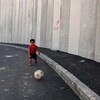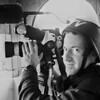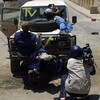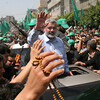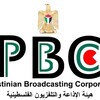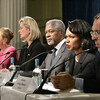
International Federation of Human Rights slams sanctions against Palestinians
7 July 2006
The International Federation of Human Rights Leagues (FIDH) on Friday condemned the scale of sanctions imposed on the Palestinians through the suspension of direct international aid. “In effect the Palestinian people have been subjected to economic sanctions — the first time that an occupied people have been so treated,” the FIDH said in a preliminary report following a two-week mission to the Palestinian territories. “Inevitably this economic strangulation has had a severe impact on the economic life of Palestinians and their human rights.” Read more about International Federation of Human Rights slams sanctions against Palestinians


